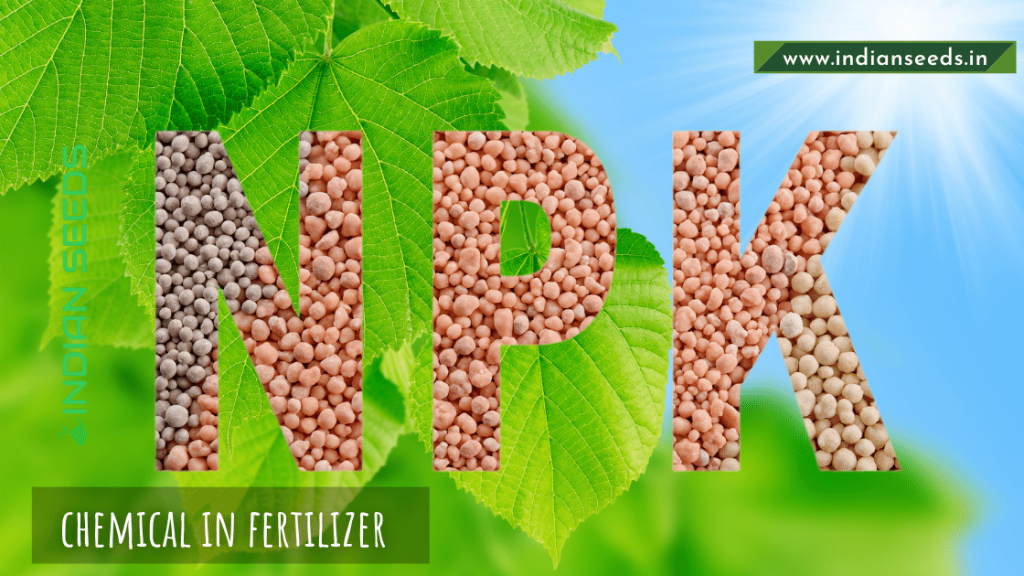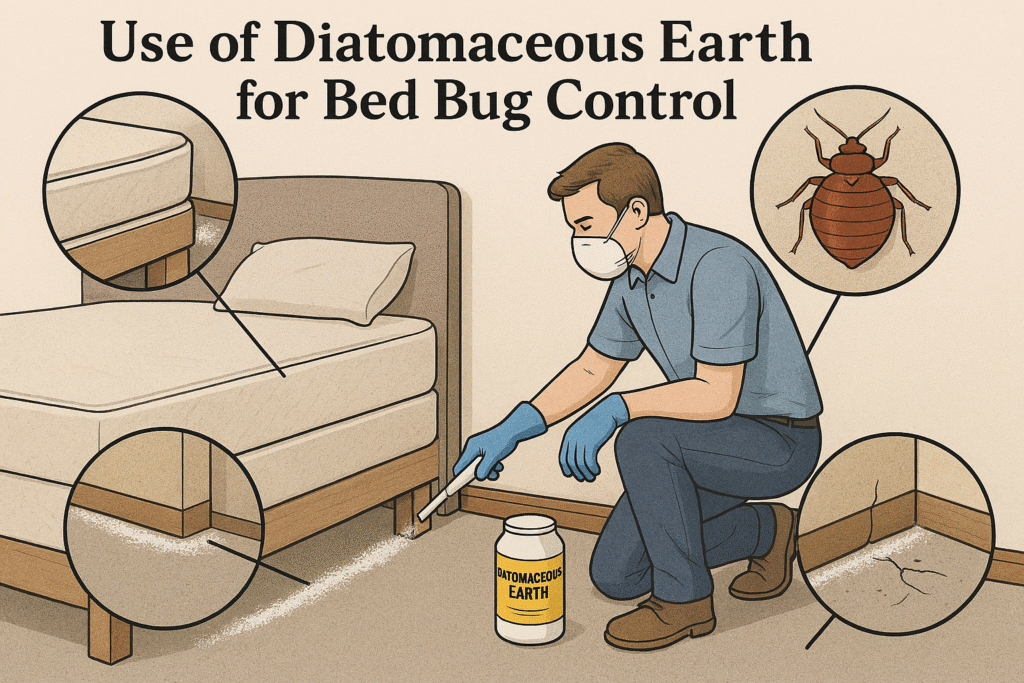The use of chemical in fertilizer is a controversial topic. There are many arguments for and against the use of chemical in fertilizer.
Some people argue that the use of chemicals in agriculture is necessary to feed the world. They argue that without them, there would be a food shortage and famine. They also argue that chemicals are needed to control pests and weeds and to increase crop yields.
Others argue that the use of chemicals has negative effects on human health, animals, and the environment. They believe that it leads to groundwater contamination, food insecurity, and soil depletion.
In this section we will discuss about the types of chemical fertilizers for agriculture as well as its benefits, drawbacks, uses etc.,
Common Chemical in Fertilizer?
What are the common chemicals found in fertilizers?
Fertilizers are used to provide the necessary nutrients for plants to grow. They are composed of nitrogen, phosphorus, and potassium (NPK).
Chemical fertilizers are made up of these three elements as well as other ingredients that provide additional benefits. These include micronutrients, trace minerals, and growth hormones.
Some chemical fertilizers also have different formulations for specific plants such as flowers or vegetables.
NPK chemicals provide important nutrients for plants and will be needed in the plant’s growth cycle. Nitrogen is necessary for growth and is the most common fertilizer chemical. It will help the plant to grow lush green leaves.

Phosphorus is an important nutrient in plant growth and will be needed in flowering, fruiting, and seed production. This chemical provides phosphorus that plants need to make their cell walls stronger.
Potassium helps with potassium problems such as plant wilting and necrosis.
Calcium is critical in plant growth and will be needed in the production of new cell walls, as well as seed production.
Benefits of Chemical Fertilizers - Advantages
Chemical fertilizers are one of the most important inputs for agriculture. They provide plants with essential nutrients that cannot be obtained from other sources. Chemical fertilizers have many benefits and they are not just limited to increasing agricultural production. They also reduce the need for water, labor, and time in the field. Chemical in fertilizer can also improve soil conditions and reduce soil erosion. . In addition, they also have the capacity to increase crop yields.
There are three different types of chemical fertilizers: organic, inorganic and elemental. Organic fertilizers come from plant and animal materials that are decomposed by bacteria, fungi, or other decomposers into inorganic compounds which can then be used as fertilizer for plants.
Organic fertilizers include urea and manure. Inorganic fertilizers break down the organic compounds, often through the process of mineralization, into inorganic minerals that are usable as plant nutrients.
Inorganic fertilizers include primarily nitrogen-containing compounds such as ammonium nitrate, sodium nitrate and potassium sulfate.
Elemental fertilizers are chemical fertilizers that contain one element such as phosphorus or potassium but no carbon.
The Dangers of Chemical Fertilizer - Disadvantages
Chemical fertilizers are heavily used in the agricultural industry. They are applied to crops to increase the yield and also provide nutrients. However, these chemical in fertilizer can also have a negative impact on human health.
The use of chemical fertilizers has increased over time, and it is now considered to be one of the most important methods for agriculture today.
One disadvantage is that they are not sustainable. Chemical fertilizers can run out and they are not renewable resources like organic fertilizers are.
Another disadvantage is that the chemicals in chemical fertilizers can harm animals, such as birds, fish, and other aquatic lifeforms when it runs off into their habitats or when it seeps into groundwater supplies.
Organic fertilizers are considered much more sustainable than chemical fertilizers. They do not run out and they can be renewed by the soil. Organic fertilizers also provide a foundation for healthy plants and animal life in soil, air, groundwater, and other environments.
Chemical Fertilizer Substitute
Reducing the Use of Chemicals in Your Garden, Yard & Farmland
One of the most effective ways to reduce the use of harmful chemical in fertilizer in your garden and on your farm is to make sure that you are using organic fertilizers. Organic fertilizers are made with natural substances like decomposing animal manure, compost, and plant matter. They release nutrients slowly into the soil and they don’t contain any harsh chemicals or pesticides.
Organic fertilizers are an excellent way to promote a sustainable environment because they don’t contribute to pollution or greenhouse gas emissions. You won’t have to worry about runoff from chemical fertilizers contaminating nearby waterways either.
In 2017, the globe produced 27 million tonnes of lettuce (report coupled with chicory), with China producing 15.2 million tonnes or 56% of the total.
Please let us know your feedback on this article on seed viability test in the comments👇









